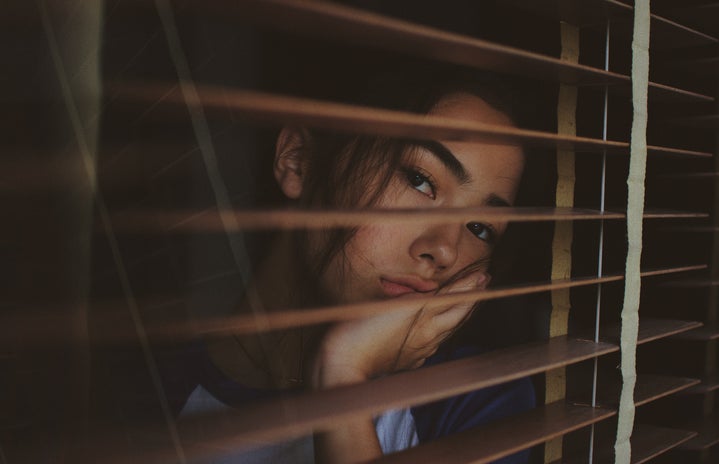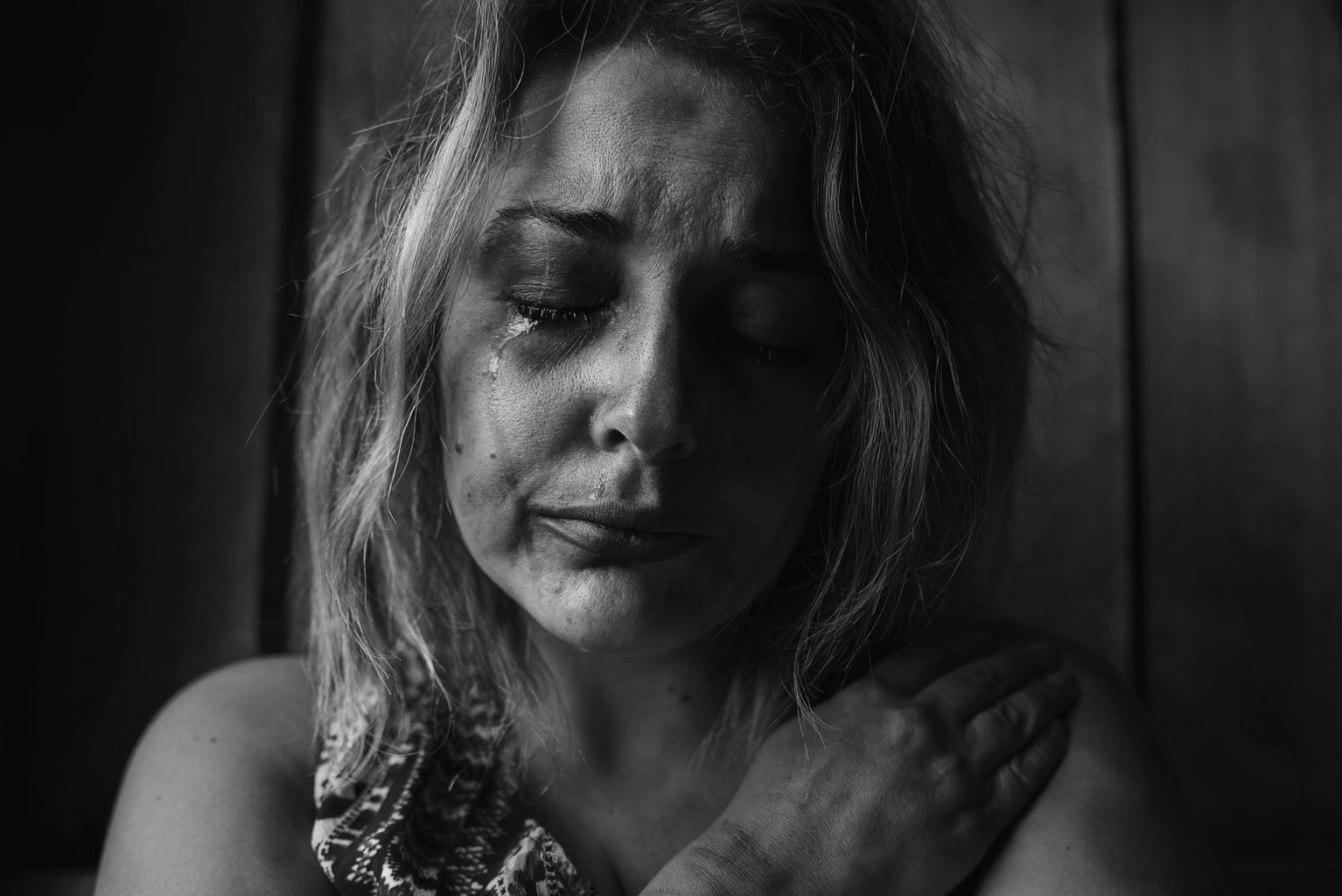One of the hardest things that older generations sometimes don’t understand is why we talk about our feelings. To talk about your feelings to many of our parents and even grandparents seems to be a foreign concept. What many learned generations back is to put a padlock on it, talking about your feelings isn’t necessary and to deal with it is by not talking about it. What may have been beneficial back then is not the same in today’s world. Why is this stigma still around? Why are we demonizing putting a priority on mental health?
According to Psychology Today, mental health stigma refers to negative beliefs people may hold about those with mental illness, which can lead to stereotypes, prejudice and discrimination. With things like these going against people, they may feel alienated from friends and loved ones who aren’t supportive of what they are going through and feel that they should just shove these feelings to the back of their brains and just move on. Psychology Today also says that one views stigma as a combination of three components: cognitive (ignorant beliefs), emotional (negative feelings of dislike or fear) and behavior (ostracization and oppression). This also can come from a cultural standpoint. America tends to value individualism and independence, which some argue perpetuates stigma by placing responsibility or “blame” solely on the individual. People in many other parts of the world don’t blame individuals for their differences or their struggles. They may also blame God, the family, a malevolent spirit, karma, the stress of war, poverty and other sociopolitical forces.
You may be struggling whether it’s relationships, work, school, or just many of life’s challenges and you’re noticing it taking a toll but you don’t feel like you have the support, where do you go from here? I came from a family that was not super supportive of therapy or any sort of mental health help. I had to hit rock bottom before I realized that there is always one form of support out there. If it’s not family, there’s a significant other, friends, coworkers and professors. I think that is the hardest part not knowing if there is a form of support, but the fact is that you have it but have to do some digging for it. When I was personally dealing with mental health struggles and other issues contributing to it, it took my significant other sitting me down and talking to me kindly and gently about showing signs of not being my happy self and seeming like I was going through multiple struggles but not facing them in the correct ways. After lots of tears for months, dreading public interactions, and not knowing how to process a lot of feelings I knew that having someone in my corner is so beneficial to bettering your mental health and getting that professional help I needed.
The biggest question is, how do we deplete the stigma against reaching out for help with our mental health? This is the answer to so many things in our world that’s happening today: it’s education. Ways we help ourselves are constantly changing as do many things, but we don’t have to be stuck in our generational ways. I think opening the minds of those who aren’t educated on mental health would hopefully change the minds of a few and hopefully carry on breaking the cycle. We must help people to understand that mental health doesn’t just affect the mental side but overall health in general and without taking care of both it can take a toll as time goes on.
I encourage you if you or someone you know is facing mental health issues and wants help but feels that they will be looked down upon. Be there as a support system for one another, be encouraging, be their cheerleader for wanting to better themselves. Asking for help should never be frowned upon but should be praised for taking a stand in your life to better your needs to be the best version of yourself.



